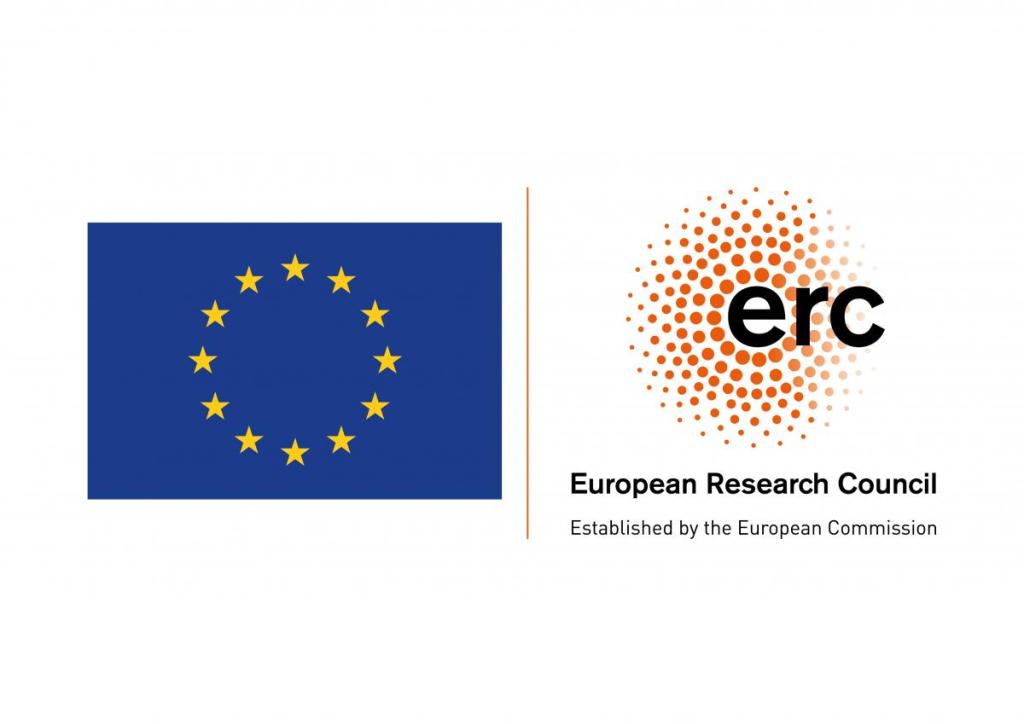
Film Studios: Infrastructure, Culture, Innovation in Britain, France, Germany and Italy, 1930-60
During these years studios were transformed as they responded to challenges including wartime disruptions, post-war fragmentation, movement of labour and the introduction of new technologies. While these countries have attracted their own historical literatures, this project proposes for the first time their comparative analysis from the perspective of film studio tectonics, cultures and practices. The project was underpinned by the idea of tectonics as a metaphorical way into understanding the studios’ multiple, stratified, shifting experiences as architectural spaces, diverse working environments and locations for innovation. The study of film studios has been dominated by the centralized Hollywood ‘system’, and local studio histories are typified by discrete, linear and undertheorized approaches. This project proposed a more dynamic materialist methodology, linking empirical data with comparative, transnational developments which occurred during a major period of change within the four key production sites.
Using historical research and a range of spatial analysis, 3D and VR tools, the project explored studio spaces as diverse creative and economic infrastructures which both extended and challenged the range of contemporaneous models. The team investigated how artistic practices responded to transnational flows in film studio expertise while constituting formative, materially-based ‘spaces of the imagination’. Research was structured around four major interrelated themes: 1) Architecture and Infrastructure; 2) Creativity, Practices and Innovation; 3) Politics and Economics; 4) Professional and Labour relations.
The project has created new understandings of how the collaborative and material environments of studio spaces and technologies shaped film production and cultures. By emphasizing the studios’ key role in the history of filmmaking, STUDIOTEC’s four-themed, comparative design reflected the primary arenas that have hitherto eluded extensive investigation. These involved analysis of studio architectures; the development of technologies, cultures of innovation and production design; political and economic contexts; labour relations and production practices. Studios generated a vast range of documentation, contemporaneous commentary, photographs and other visual records, including non-fiction and fiction films. The team’s historical research drew on these sources and data, enabling an active, comparative framework to inform an interrogation of the studios’ structural foundations and changes over three decades. The data has informed the project’s outputs including a book, articles and video essays; a visualization of the archival material and virtual reconstruction of a studio, and an exhibition.
This project received funding from the European Research Council (ERC) under the European Union’s Horizon 2020 research and innovation programme (Grant agreement No. 832346 – STUDIOTEC). The project ran from 2019-2025.



